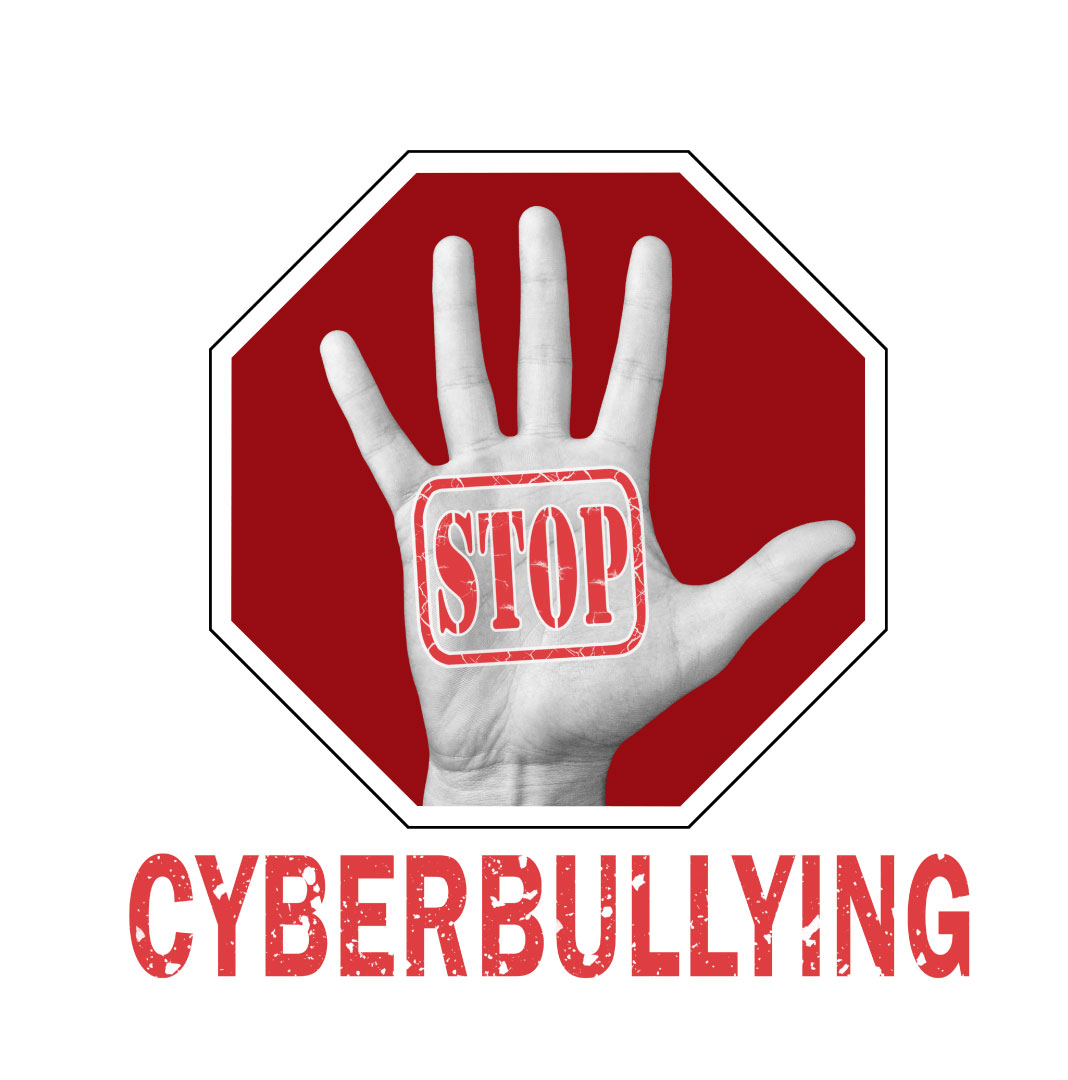Agony Aunt
Media Monitoring Africa initiative
Learn to critically engage with social media
Social Media Agony Aunt
When you feel like you need someone to talk to or share all your social media networking frustrations, social media agony aunt, otherwise known as Auntienet, is here to listen and help you. #Auntienet is here to lend an ear and assist you with all the problems and challenges you encounter online. You can also share some of your experiences of how you dealt with various problems you came across online. This is your platform to vent and let out all your emotions and while at it, help others who might be experiencing the same problem as you. #Auntienet is here to help you navigate your way in this complex world of social media networking.
Ask Auntienet a question:

Frequently asked questions – Agony Aunt
So now, let us take a look at some of the common problems that people complain about on social media networking sites.
- Should people load pictures of their children on social media? Is there anything wrong with it?
Generally, the same rules apply online as with older technology – i.e. don’t take images that are embarrassing or compromising of your child or their dignity. The challenge with social media is that you no longer have power over who gets to see them or how they can be shared. So an innocent image or your naked three-year-old playing in a puddle for example might be fine to share with your immediate family, but we would advise against using the image on social media – for the reasons stated. It is also important to be aware that privacy on Facebook may not align with your own desires or understanding. Large tech companies give you access to their services for free because as the saying goes, if you aren’t paying for the service you are the product being sold. So exercise caution and make sure to use as many privacy controls as you can on Facebook and other social media platforms. There are many who are warning that the Ashley Madison scandal was the first of an even bigger invasion of people privacy that can and will have far more devastating consequences. So the general rule should be only show images that you would be happy to show your parents (assuming of course they aren’t pedophiles). - At what age do you think it is acceptable for a parent to put their children on social media and at what age can the child be expected to consent to it? When considering this the evolving capacity of the child needs to be taken into consideration. So for children under 3 years it is likely the parent may select when to uploads images, after that, the issue of consent needs to be considered, with increasing levels of serious discussion and emphasis and weight given to a child’s view as the child gets older.
- How well do you think parents think through all issues to do with safeguarding their children on social media? Perhaps we all need to take these issues far more seriously. For starters we need to take online privacy more seriously but we also need to ensure that digital literacy which would ensure all people, children and adults are able to understand the consequences and new rules regarding online behaviour.
- How can parents be very aware of cyber-security and cyber-safety issues, when posting images of their children online? They can read up on the numerous sites available including hashplay.co.za and Parents Corner. They also need to talk to their children about technology – often their children will know more than they do.
- Do you think parents consider the history and reputation they are creating for their children? Some might, and it depends on their knowledge of online and their digital literacy skills. Our advice would be to get clued up!
- How can parents avoid over sharing of their children’s pictures and videos on internet? Apply the general rules above – and consider the context.
- When are parent posts pictures and videos of a child being bullied, or urinating in the tub or wetting the bed, does that set up the child for support or ridicule from people? Again general rules as stated above apply. Make sure it’s in best interest of the child. Don’t set out to embarrass the child and think about how they might feel about it. Or ask if they would be happy if someone showed them urinating.
- In cases that a child refuses to have their pictures or videos posted online, what then happens if the parent insists? Depending on the age of the child they may take legal action in extreme cases. Generally parents should respect the views and desire of their children.
- Should children have Facebook accounts below age 16 and why? It depends on the child. Facebook policy states that they must be at least 13. The real challenge isn’t so much in the child having one as much as it is in them having the skills and knowledge to utilise it in a manner that doesn’t cause them harm. So some basic tips here would be that access points in the home are monitored and that technology is used in the open and not behind closed doors. Technology should be used to encourage communication and openness not the other way around. See Facebook’s Help your teens stay safe page for more info.
Cyberbullying
What is it?
“Like other forms of bullying such as verbal abuse, social exclusion and physical aggression, cyber bullying may result in the targeted person developing social, psychological and educational issues. While cyber bullying is similar to ‘real life’ bullying it also differs in some ways:
- it can occur 24/7 and a child can be targeted at home
- it can involve harmful material being widely and rapidly sent to a large audience, for example, rumours and images can be posted on public forums
- It can provide the bully with a sense of relative anonymity and distance from the target, so there is a lack of immediate feedback or consequences.
How can I deal with it?
Here are some basic steps to help deal with cyber bullying
- Ignore it. Don’t respond to the bully. If they don’t get a response they may get bored and go away. Don’t retaliate, bullies must not turn you into a bully.
- Block the person. This will stop you seeing messages or texts from a particular person.
- Tell someone. Tell an adult you can trust. You may want to talk to your mum, dad or a brother or sister. You can call Childline on 08000 55555. Childline provides free, confidential online and telephonic counselling to children to help children and young people about any concern or issue
- Keep the evidence. This can be useful in tracking the bully down. Save texts, emails, online conversations or voicemails as evidence.
- Report it to:
- Your school—especially if it involves your fellow learner- Your school should have policies in place about bullying and cyberbullying. If not this is the time to encourage them to.
- Your ISP and/or phone provider, or the website administrator— there are actions they can take to help.
- The police—if there is a threat to your safety the police will help. Call 10111.”[1]

Online Grooming
What is it?
“Online grooming refers to the act of adult forming a relationship with a child or younger person with the intent of later having sexual contact or committing other crimes.
This can take place in chat rooms, instant messaging, and social networking sites.”[2]
How can I deal with online grooming?
- Report suspicious behaviour to your local police or call Childline on 08000 55555.
- Tell your parents or trusted adult immediately
- Block the person. Don’t give in to their advances.
- Avoid chatting with strangers on chat rooms
Offensive content
What is it?
Offensive content refers to any material that makes you feel uncomfortable or threatened online.
How can I deal with offensive content?
The best way to deal with offensive content online is to report it. Most social networking sites allow you to voice your concerns regarding any form of abusive content on their sites.
These direct links to social media websites and applications show you how to report users and offensive content. You can also check out different safety features of other sites under Tips and Tricks for using social media networks.
Letters to Agony Aunt

